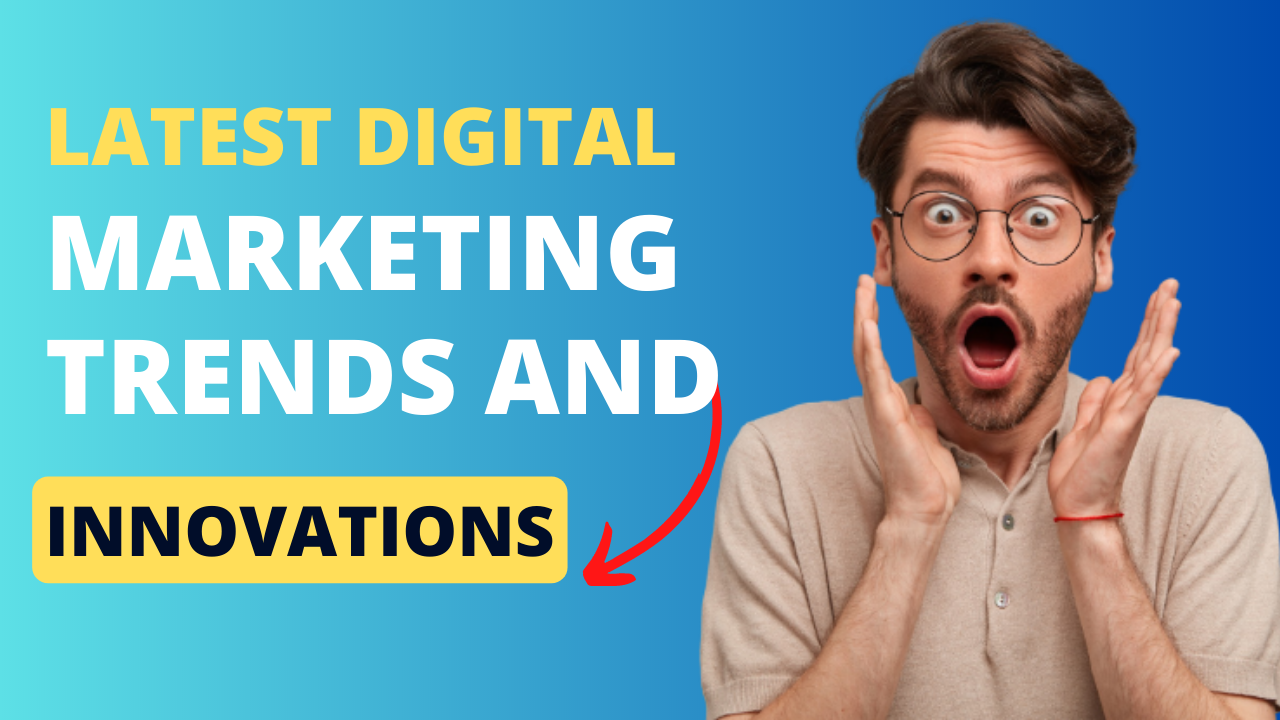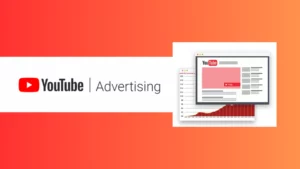Digital marketing has become an integral part of modern business strategies, allowing companies to reach a wider audience and engage with customers on various online platforms. To stay ahead in this dynamic field, it is crucial to keep up with the latest trends and innovations. In this article, we will explore the most significant trends shaping the digital marketing landscape in 2023.
Trend 1: Voice search optimization

With the increasing popularity of voice assistants like Siri, Alexa, and Google Assistant, voice search has gained significant traction. People are now using voice commands to search for information, make inquiries, and even shop online. As a result, optimizing content for voice search has become essential for businesses.
To effectively optimize for voice search, marketers need to consider the conversational nature of voice queries. Long-tail keywords and natural language phrases should be incorporated into content to match the way people speak. Understanding the user’s intent and providing direct answers to their questions can improve visibility in voice search results.
Trend 2: Artificial Intelligence and machine learning
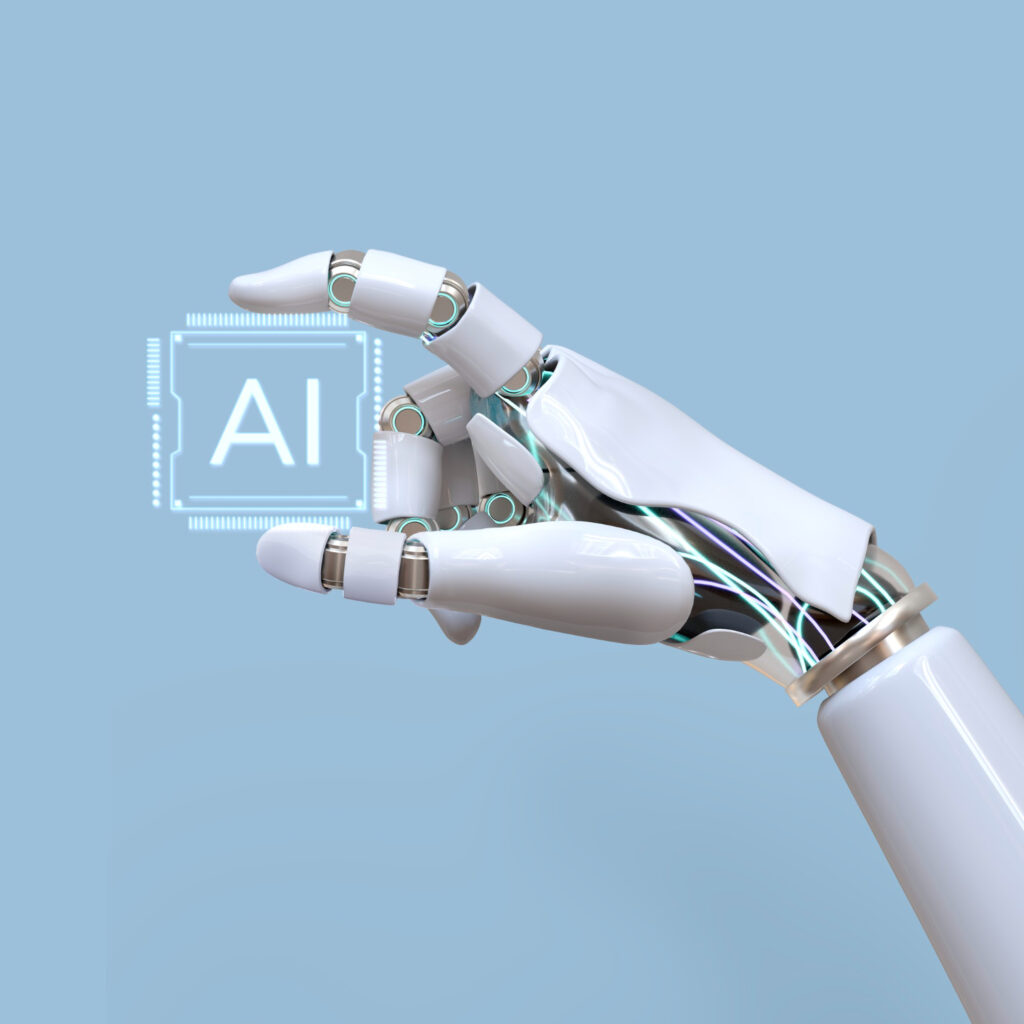
Artificial Intelligence (AI) and machine learning (ML) technologies continue to revolutionize digital marketing. AI-powered tools enable personalization and targeted advertising, helping businesses deliver relevant content to their audience. Machine learning algorithms analyze user data to understand preferences and behaviors, allowing marketers to make data-driven decisions.
Chatbots, powered by AI, are becoming increasingly common in customer service. They provide instant responses and assistance, improving the overall customer experience. Additionally, predictive analytics, fueled by machine learning, can help businesses identify patterns and trends, enabling more accurate forecasting and effective marketing strategies.
Trend 3: Video marketing
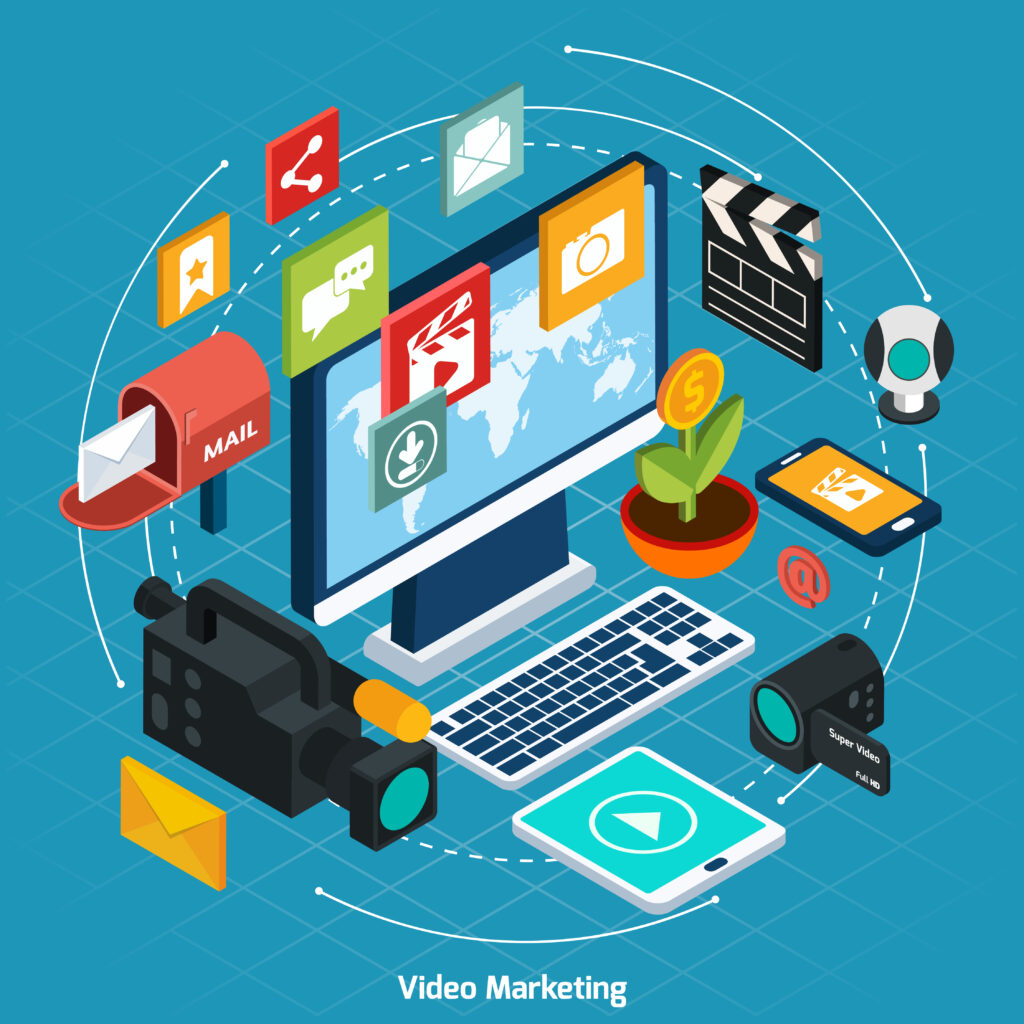
The consumption of video content has skyrocketed in recent years. People now spend more time watching videos online than ever before. Therefore, video marketing has emerged as a powerful tool for businesses to engage with their target audience.
Videos allow for storytelling and visual communication, creating a memorable brand experience. Marketers can leverage various video formats, such as explainer videos, product demos, and customer testimonials, to convey their message effectively. Live streaming and interactive videos also provide opportunities for real-time engagement, fostering a sense of connection with the audience.
Trend 4: Influencer marketing
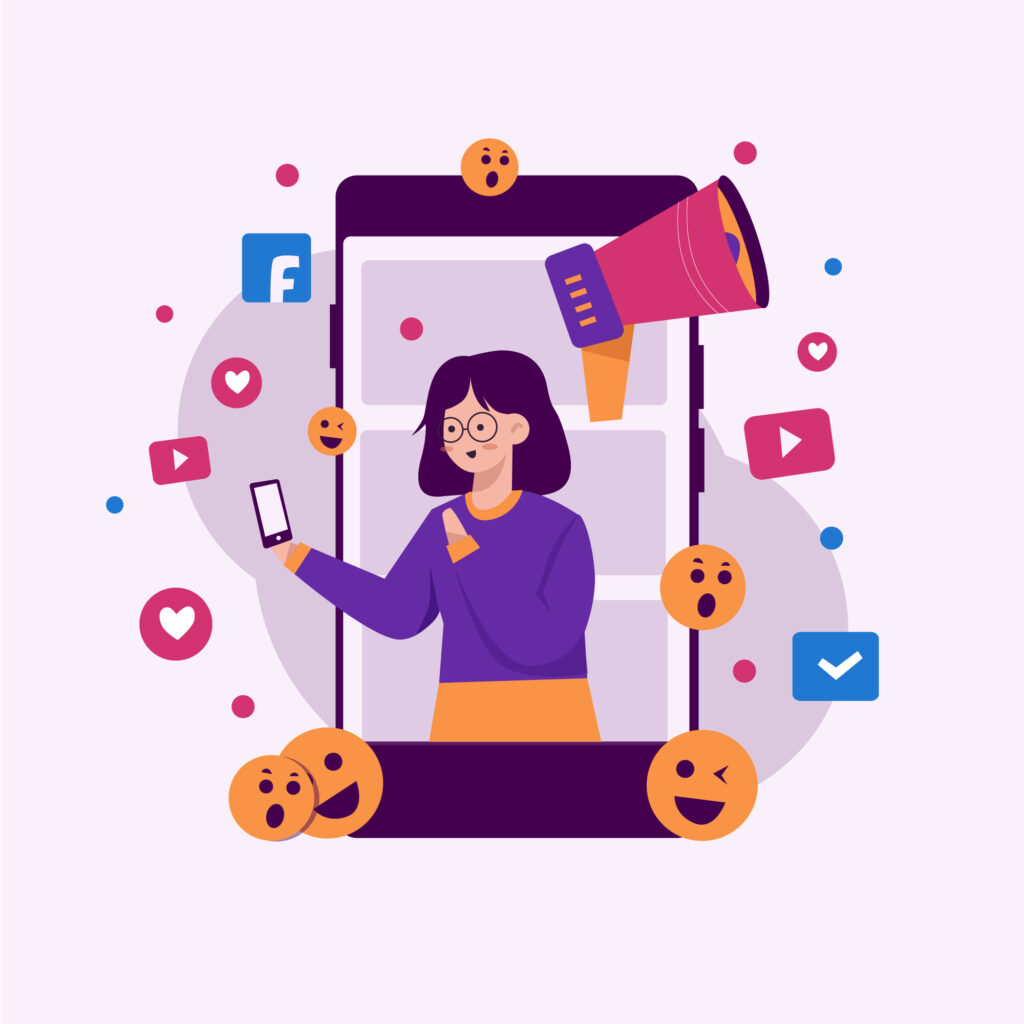
Influencer marketing has proven to be highly influential in shaping consumer behavior. Collaborating with influencers allows brands to tap into their established audiences and leverage their credibility and authenticity. In 2023, the focus is shifting towards micro-influencers who have smaller but highly engaged and niche-specific followings.
Micro-influencers often have a deeper connection with their audience, resulting in more genuine recommendations and higher conversion rates. Transparency and authenticity are critical in influencer partnerships, as consumers value honesty and genuine recommendations over blatant advertisements.
Trend 5: Augmented Reality (AR) and Virtual Reality (VR)

Augmented Reality (AR) and Virtual Reality (VR) technologies are transforming the way brands engage with their customers. AR and VR provide immersive experiences that allow consumers to interact with products and services in a virtual environment.
Brands can use AR and VR to create unique and memorable experiences, such as virtual try-on for fashion and beauty products or virtual tours for real estate. Social media platforms are also integrating AR features, enabling users to try filters, effects, and branded experiences. These technologies have the potential to reshape advertising and enhance customer engagement.
Trend 6: Social commerce
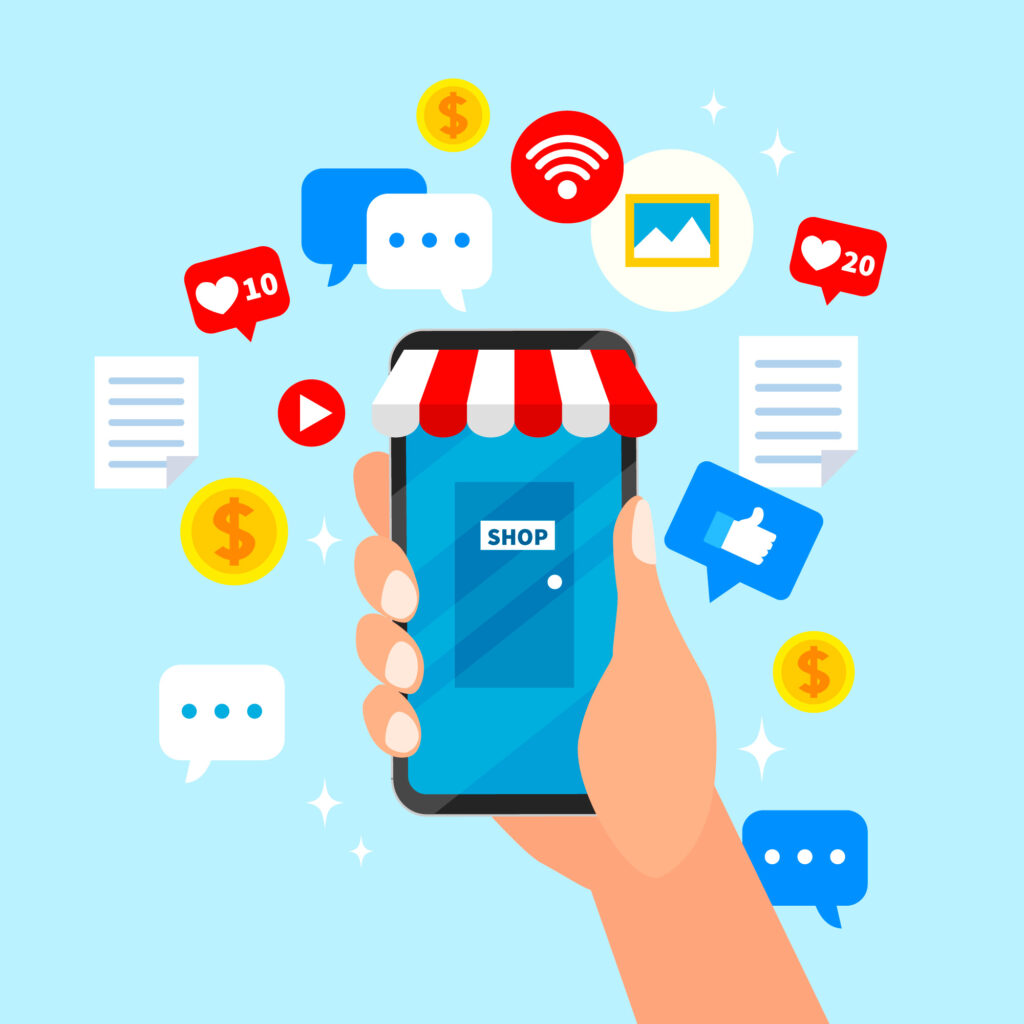
Social commerce has gained tremendous momentum, blurring the lines between social media and e-commerce. With the rise of social media shopping features, businesses can now sell products directly on platforms like Instagram, Facebook, and Pinterest.
Integrating e-commerce into social platforms streamlines the purchasing process, reducing friction for consumers. User-generated content, such as reviews and testimonials, plays a crucial role in social commerce by providing social proof and building trust. Brands need to adapt their strategies to capitalize on this growing trend and engage with customers seamlessly.
Trend 7: Data privacy and security

Data privacy and security have become paramount concerns for consumers, and regulations such as the General Data Protection Regulation (GDPR) have been implemented to protect user information. Brands need to prioritize building trust and transparency by handling customer data ethically and responsibly.
Companies must obtain proper consent for data collection, use, and storage. Communicating privacy policies and implementing robust security measures are essential to establish credibility. By addressing these concerns, businesses can create a safe environment for customers and foster long-term relationships.
Trend 8: Interactive content

Interactive content offers a more engaging and personalized experience for users. Quizzes, polls, surveys, and interactive infographics can capture attention and encourage active participation. Such content not only entertains but also educates and provides value to the audience.
Gamification is another aspect of interactive content that can boost engagement. By incorporating game-like elements into marketing campaigns, brands can create immersive experiences that motivate users to take action. User-generated content, such as social media challenges, can also enhance brand visibility and organic reach.
Trend 9: Mobile-first approach

Mobile devices continue to dominate internet usage, making a mobile-first approach crucial for digital marketing success. Websites must be optimized for mobile devices to ensure seamless browsing and a positive user experience.
Responsive design allows websites to adapt to different screen sizes and resolutions, improving accessibility across devices. Mobile advertising, including in-app ads and location-based marketing, presents significant opportunities for businesses to reach their target audience effectively. Therefore, optimizing content and advertisements for mobile platforms is vital in 2023.
Trend 10: Sustainability and social responsibility

Consumers are increasingly conscious of environmental issues and social responsibility. They expect brands to adopt sustainable practices and contribute positively to society. Companies that prioritize sustainability and demonstrate a genuine commitment to social responsibility gain a competitive advantage.
Eco-friendly initiatives, such as using renewable energy, reducing carbon footprints, and adopting sustainable packaging, resonate with environmentally conscious consumers. Cause-related marketing and corporate social responsibility efforts can also build brand loyalty and attract like-minded customers.
Discover “Marketing Trends: 63 Digital Marketing Trends In The Age Of Automation, Integrated Marketing, Omnichannel Marketing, Metaverse, Big Data, NFTs, AI, AR … Power Digital Advertising & Boost Profits“

To say that the previous two years have been turbulent for marketers would be an understatement.
Our lives have grown inexorably intertwined with the online dimension since the beginning of the internet. People send emails, look for information, and, most crucially, purchase things.
Prospects go online first before ever thinking about a B2B supplier. They may stumble across your brand via a sponsored ad, a video, or any of the search engines and (hopefully) become a client.
Agility, flexibility, and ongoing innovation are now standard operating procedures for marketing firms of all sizes and across all industries.
In this context, providing an amazing client experience is a top goal as well as the most ubiquitous problem for marketers right now.
When you pursue digital marketing, you can achieve phenomenal growth with your business. It adapts to your demands, improves brand recognition, is less expensive than traditional marketing, and reaches your target customers all over the world.
And that’s what this book “Marketing Trends: Digital Marketing Trends In The Age Of Automation, Integrated Marketing, Omnichannel Marketing, Metaverse, Big Data, NFTs, AI, AR & VR To Power Digital Advertising & Boost Profits” will help you run a well-streamlined business to grow your bottom line no matter what happens.
In this book, I am pulling aside the curtain to let you see, the most profitable marketing strategies that are working right now but also what you can expect in the next couple of years in terms of digital marketing and growing your business. From simple conversational marketing to Big Data, Metaverse marketing, Artificial Intelligence, Quantum Computing, Deep Learning, Blockchain Marketing to Shoppable Posts, and everything in-between.
Here is a shortlist of the section break down of what you will get when you buy this book :
1. Which Performance Metrics Will Be Most Important in the Future?
2. Marketing Solutions We Can’t Ignore
3. Tell A Genuine Tale
4. Concentrate On Your Target Audience
5. Social Messaging Apps
6. Stories from Social Media
7. Marketing Using Influencers
8. Concentrate On Video Marketing
9. Short DIY Videos
10. Podcasts Will Continue To Soar
11. Examine The Sentiment On Social Media
12. Meta Will Take Over Social Media
13. Voice Search May Finally Gain Traction
14. 5G Technology
15. Green Marketing
16. Visual Search
17. Live Stream Shopping
18. Personalize Your Message
19. Native Advertising
21. Diversity And Inclusivity
22. Conversational Marketing And High-Quality Interactions
23. Chatbots Improve Customer Experiences
24. Geofencing Is Improving Locational Marketing
25. Search Intent Is Now Critical
26. Google My Business Verified Listings
27. Alternate Search Engines
28. People Want Hybrid Events
29. Content Segmentation
30. Content Marketing
And many more!
read more: Marketing Ebooks: 10 Powerful Resources to Master the Game
Conclusion
Digital marketing is an ever-evolving landscape, influenced by emerging technologies and changing consumer behavior. Staying updated with the latest trends and innovations is crucial for businesses to remain competitive and effectively engage with their target audience.
In 2023, voice search optimization, AI and machine learning, video marketing, influencer marketing, AR and VR, social commerce, data privacy and security, interactive content, a mobile-first approach, and sustainability and social responsibility are among the key trends shaping digital marketing strategies.
By embracing these trends and incorporating them into their marketing strategies, businesses can leverage new opportunities, enhance customer experiences, and achieve their marketing goals in the dynamic digital landscape.
FAQs
1. What is the latest top trends in digital marketing? The latest top trends in digital marketing include voice search optimization, artificial intelligence and machine learning, video marketing, influencer marketing, augmented reality and virtual reality, social commerce, data privacy and security, interactive content, a mobile-first approach, and sustainability and social responsibility.
2. What are the trends in digital marketing 2023? The trends in digital marketing in 2023 encompass voice search optimization, AI and machine learning, video marketing, influencer marketing, AR and VR, social commerce, data privacy and security, interactive content, a mobile-first approach, and sustainability and social responsibility.
3. What are the new technologies for digital marketing? New technologies for digital marketing include voice search optimization tools, AI and machine learning platforms, advanced video marketing software, influencer marketing platforms, AR and VR solutions, social commerce integrations, data privacy and security tools, interactive content creation platforms, mobile marketing technologies, and sustainable marketing practices.
4. What are recent innovations in modern marketing? Recent innovations in modern marketing include voice search optimization strategies, AI-powered personalization, interactive video marketing techniques, micro-influencer collaborations, AR and VR experiences, social commerce advancements, enhanced data privacy and security measures, interactive content creation tools, mobile marketing innovations, and sustainable marketing initiatives.
5. How can businesses adapt to these trends and innovations? Businesses can adapt to these trends and innovations by staying informed about industry developments, conducting market research, investing in the right technologies and tools, collaborating with influencers, creating engaging video content, optimizing for voice search, embracing interactive and mobile-friendly experiences, prioritizing data privacy and security, and adopting sustainable practices that align with consumer values.

